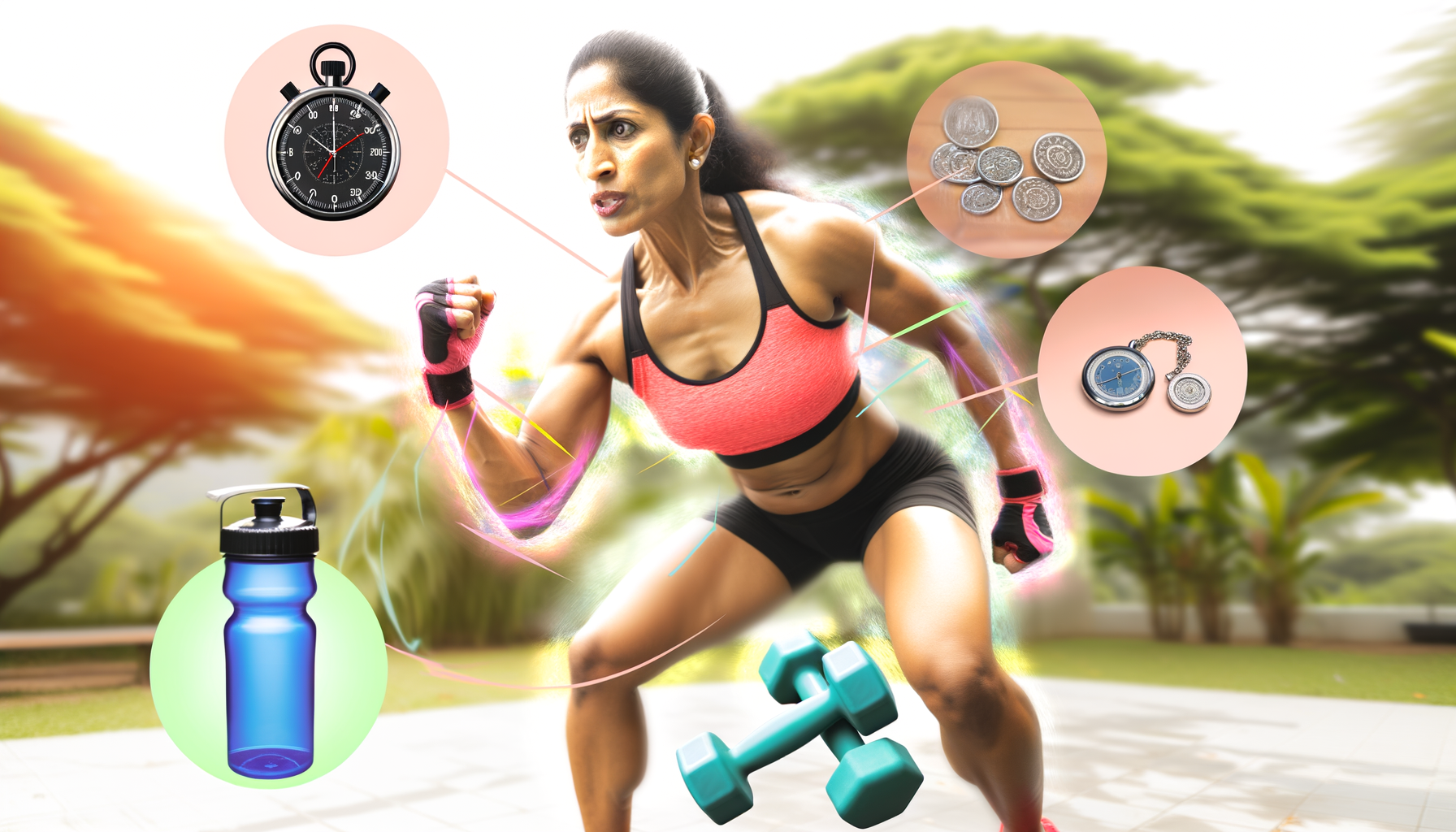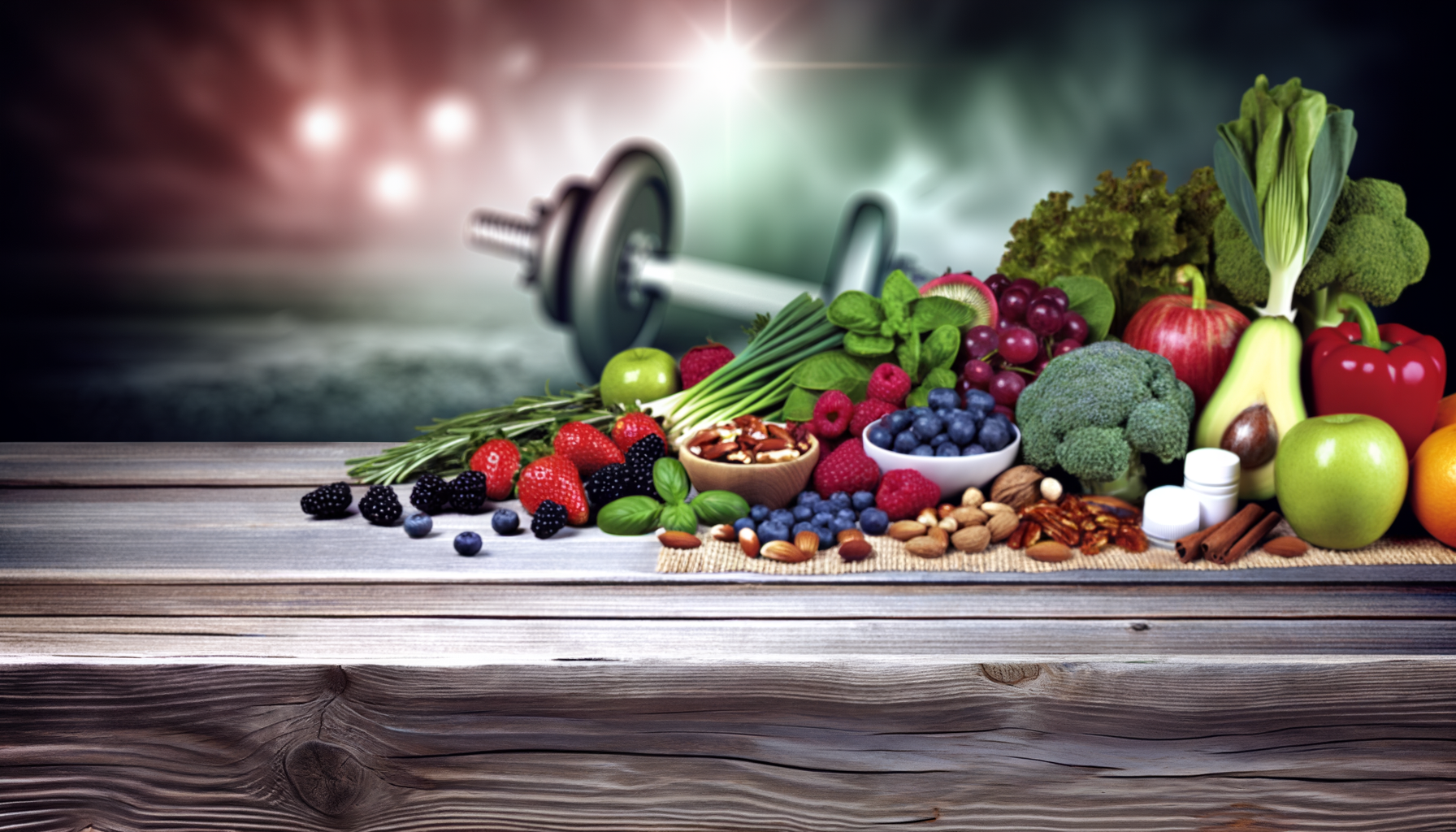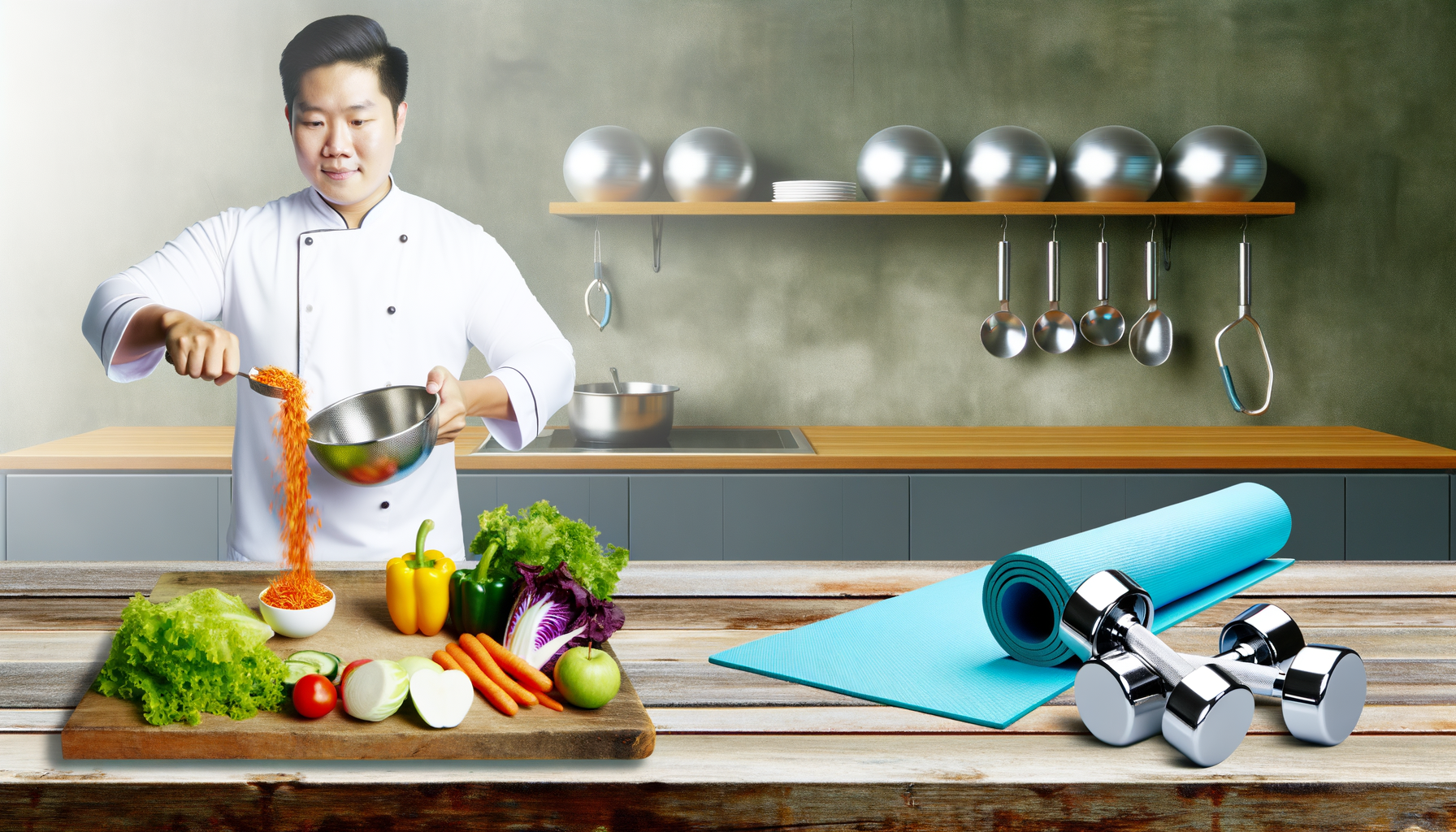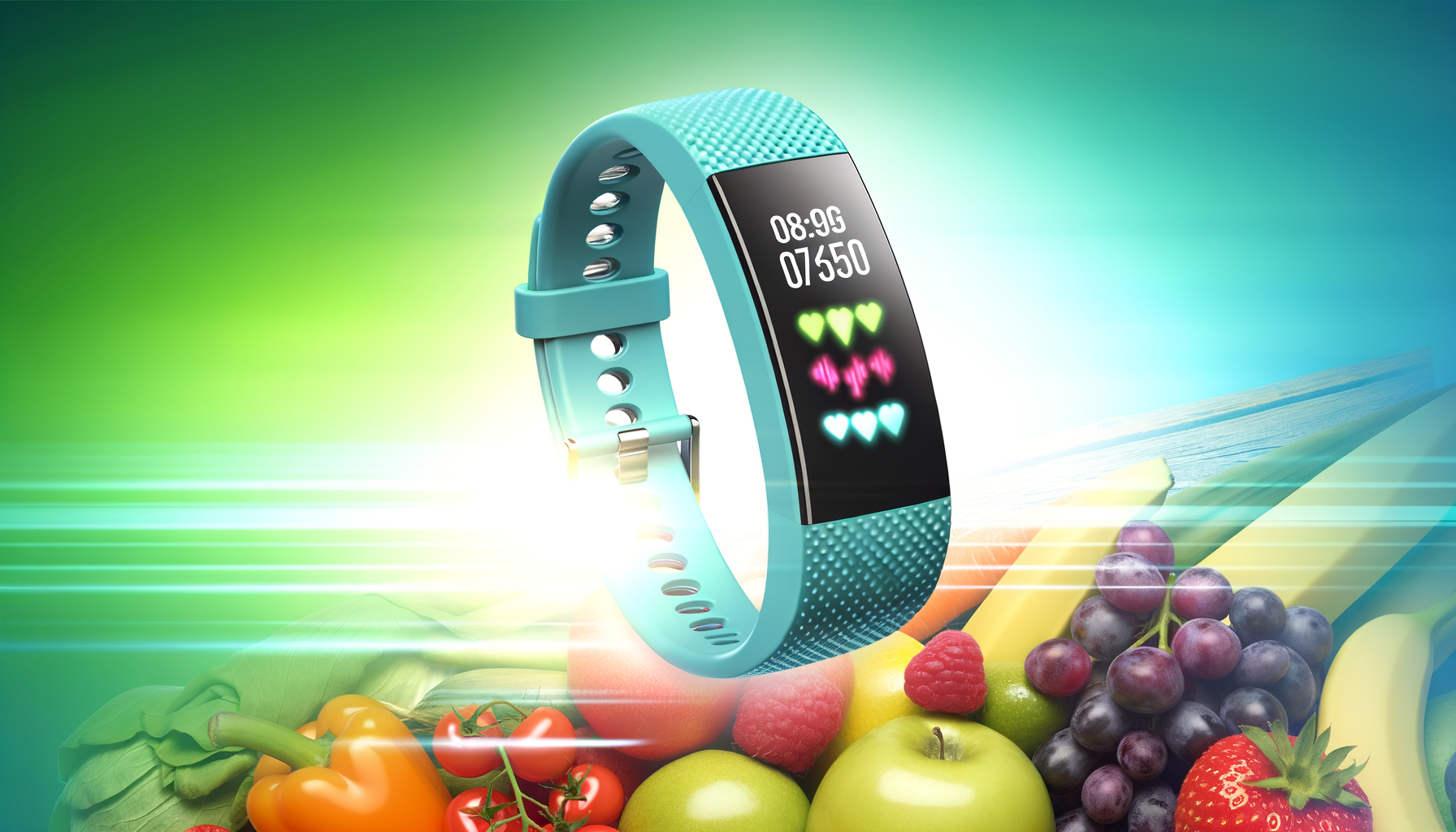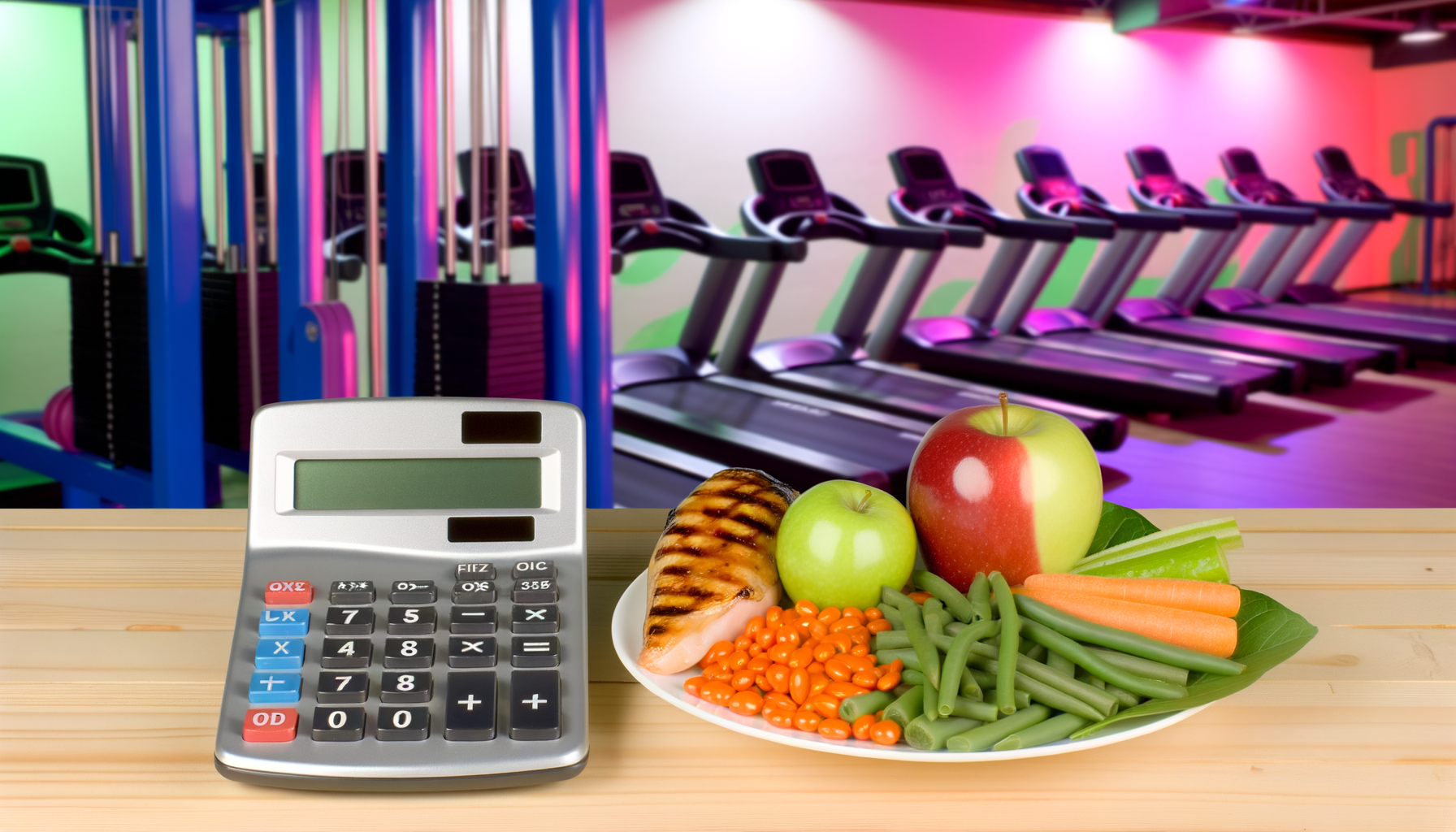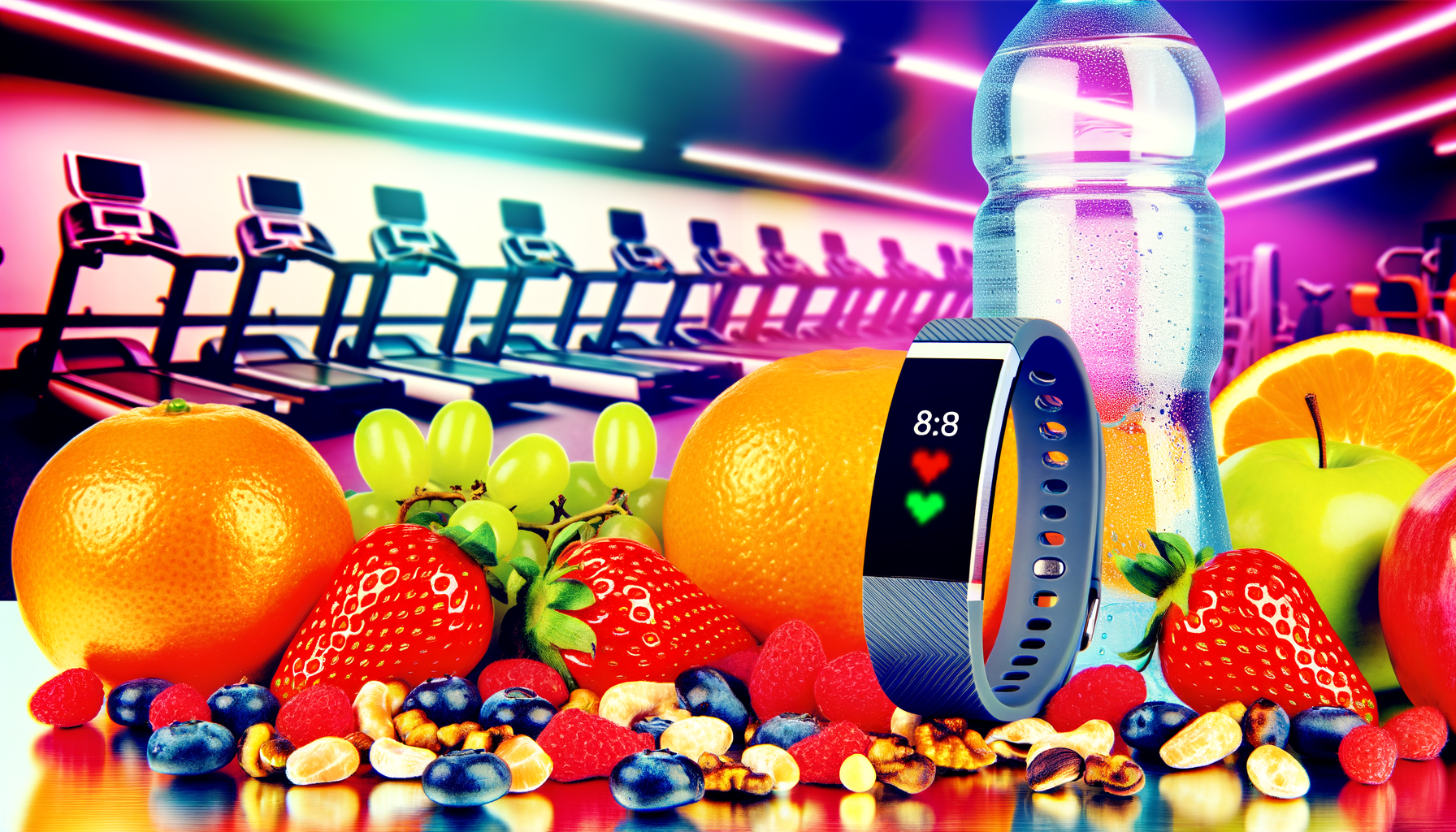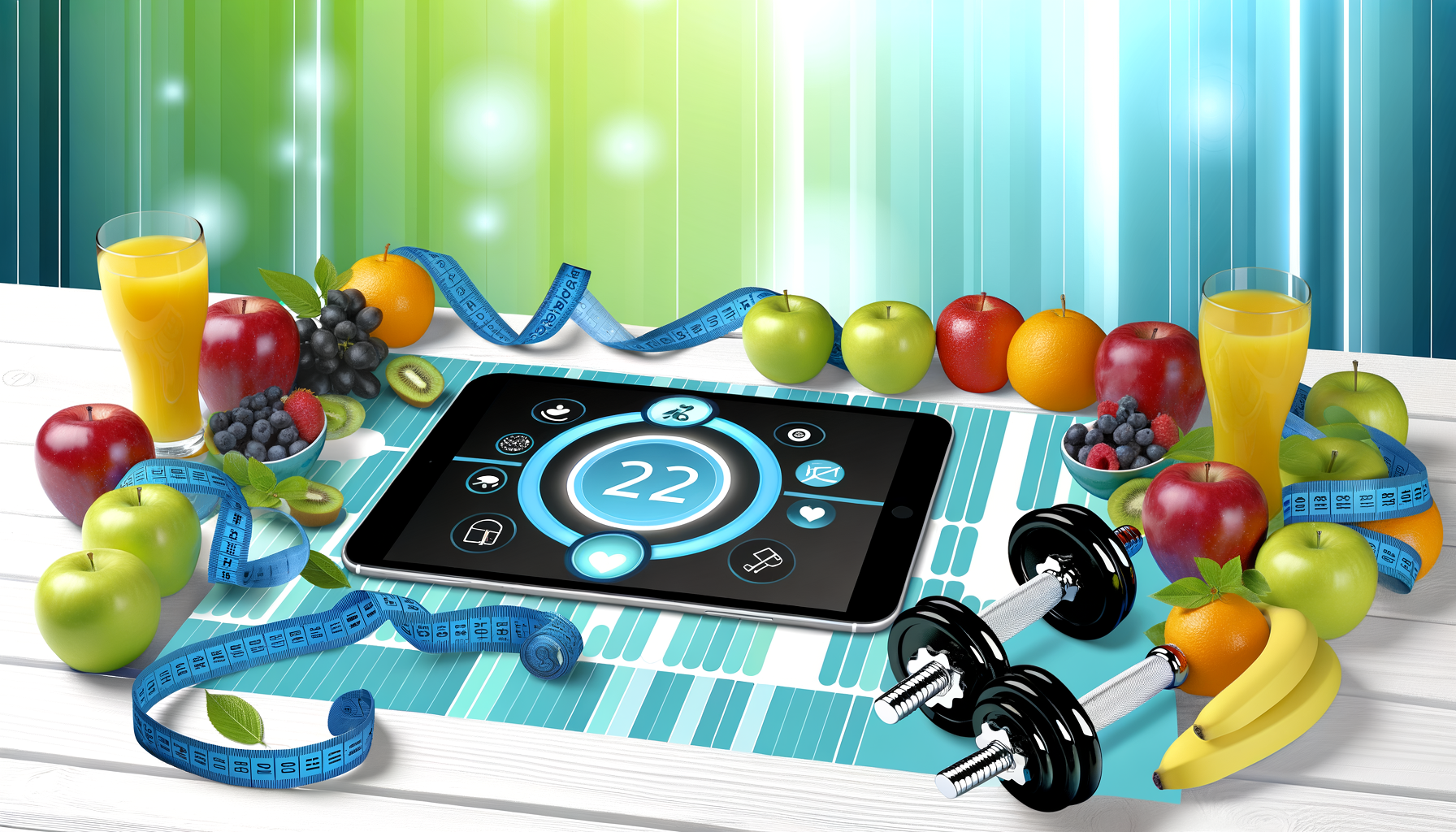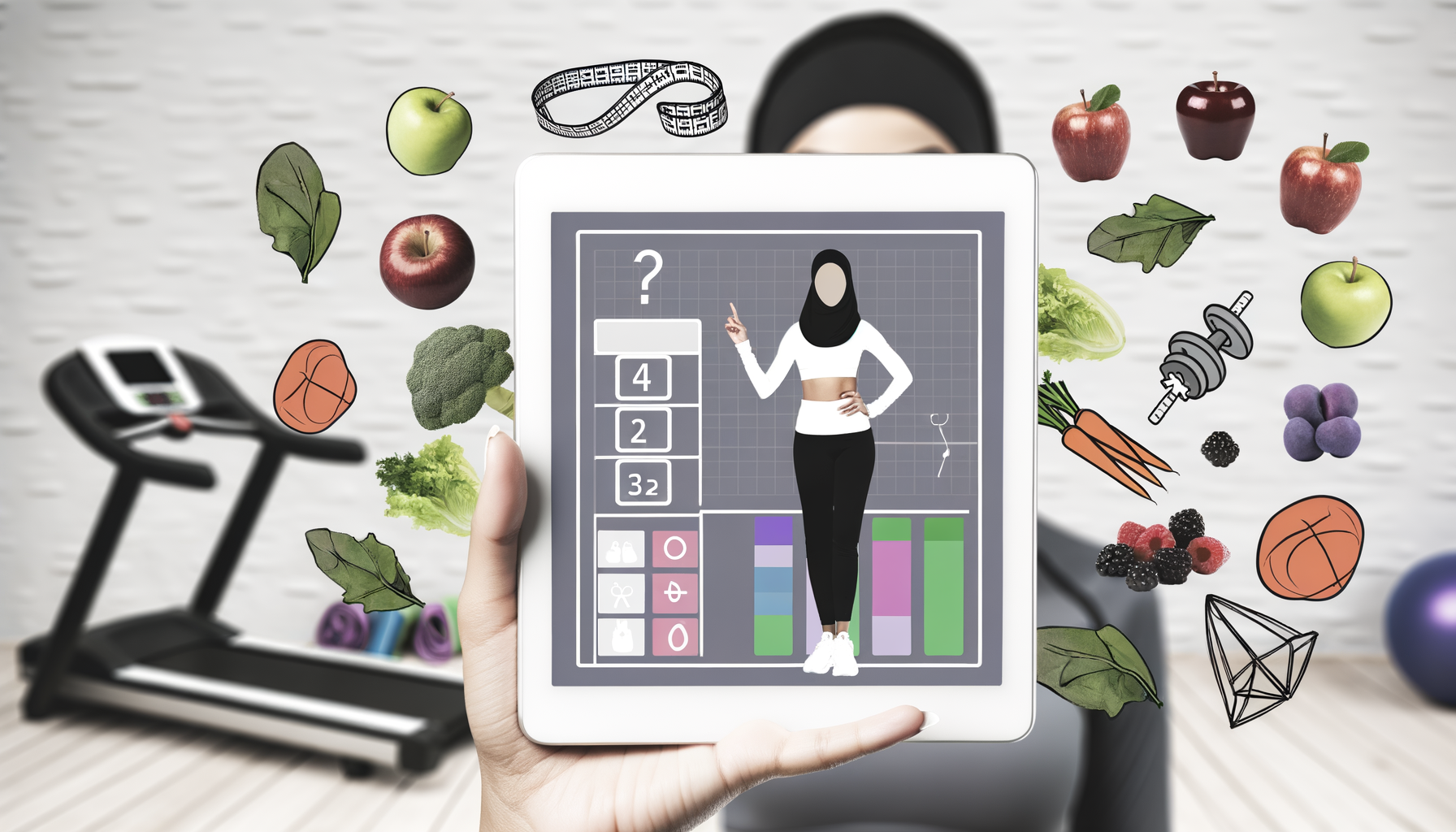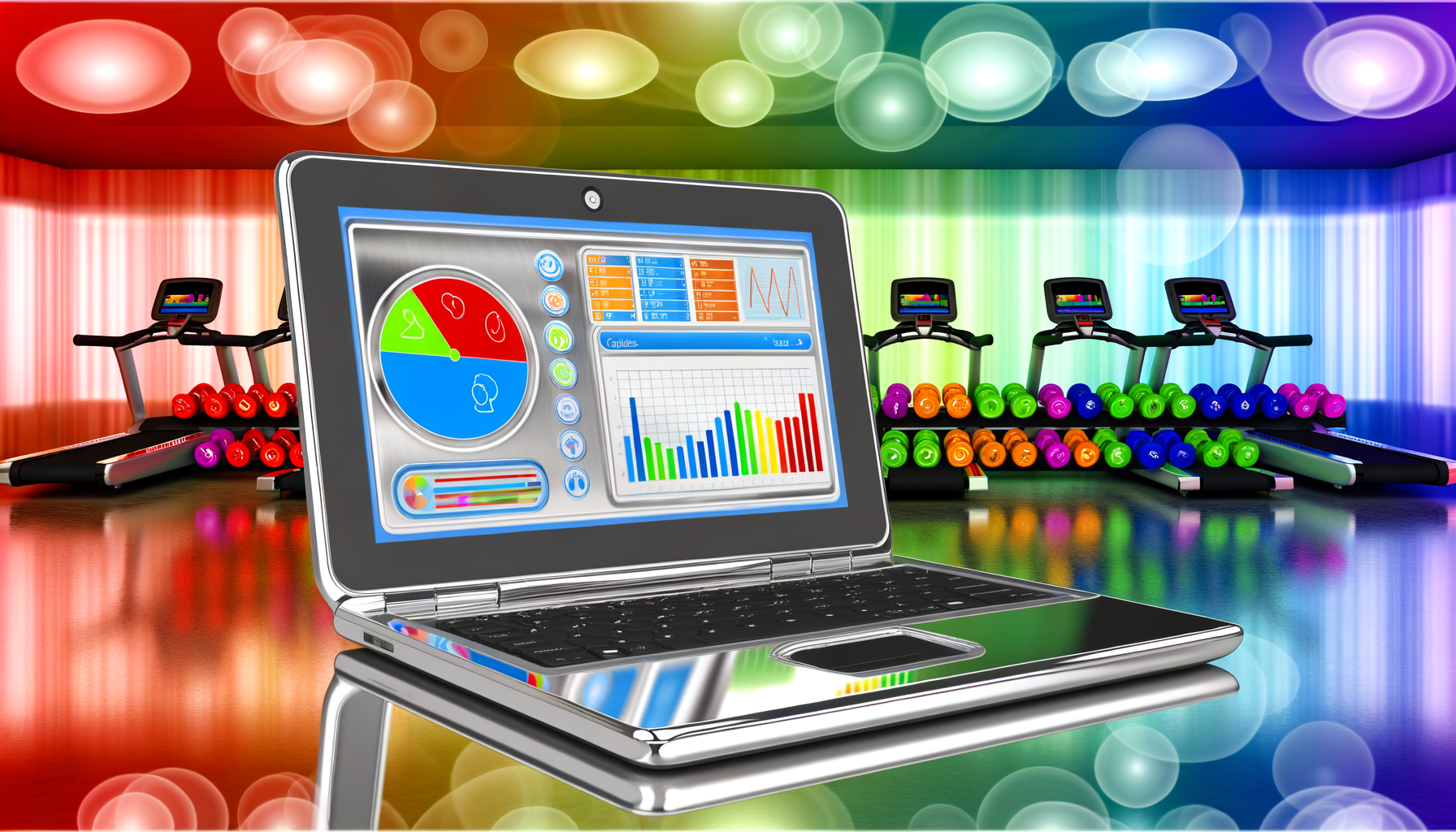Fitness Done Right: More Than Just Muscles
We work hard to be more healthy and fit, exercise regularly and eat right, but are we truly fit?
Health and fitness involve living in a body that is reliable, capable and functional. Due to functional fitness, we can get out of a chair unassisted, walk without falling, climb stairs without pain or shortness of breath or push a shopping cart through the grocery store.
We shouldn’t take things we do every day for granted. As we age, we grow less capable of the simplest physical movement, but we can fix that by training the right way.
When we pay for membership in a local gym, we, at the back of our minds, expect this very act to resolve all our health problems automatically. How nice would that be! However, there’s still work to be done there, and that work should follow some plan. Attending a gym to walk on a treadmill for half an hour is no plaster for all sores (though still better than nothing!). What exactly should we do to train our bodies properly?
5 pillars of fitness
When training to improve health, you should aim not only at pumping up your biceps. There’s a lot more to a healthy body than just big muscles (to be fair, overly large muscles are hardly ever a sign of healthy training). So, meet the Fantastic Five of being fit!
1. Agility and reaction
We like to associate moving gracefully and nimbly with attractiveness and other purely aesthetic aspects. However, agility is more of a trait of a healthy functioning organism. It goes hand in hand with reaction - our ability to dodge obstacles (static or moving), catch flying objects and so on.

These skills leave us as we age, which makes it even more essential to work on them regularly. Add exercises that involve moving from side to side to your training program, and you’ll have your agility improved! Those could be anything that makes you:
- Move fast;
- Change direction, position or body mass center;
- Move depending on the unexpected changes around you.
Examples: lateral lunges, various toe-tap exercises (skater, side-step, etc.), dance mat games.
2. Coordination and balance
Coordination is a metaphorical child of balance and reaction. It involves being able to control your movements, especially when doing several things at once. People who dance train their coordination a lot even if they don’t notice it. They train to use many body parts and muscle groups smoothly at the same time.
But it doesn’t have to be dancing: all our daily activities - walking, running and climbing stairs - require coordination in the same way that driving a car requires hand-eye coordination. There's balance in everything we do, it’s just that difficulty levels are different.

Try your skills by playing throw and catch or learning to juggle. Depending on how that goes, you can go for something more complicated right away or take it easy and start light.
Examples: easy - with bouncing a ball standing on one leg, hard - balancing on a gym ball and doing arm circles in opposite directions.
3. Strength and power
Strength involves lifting, pushing or pulling as a part of your daily activities and without injury. Power involves using that strength quickly and efficiently.
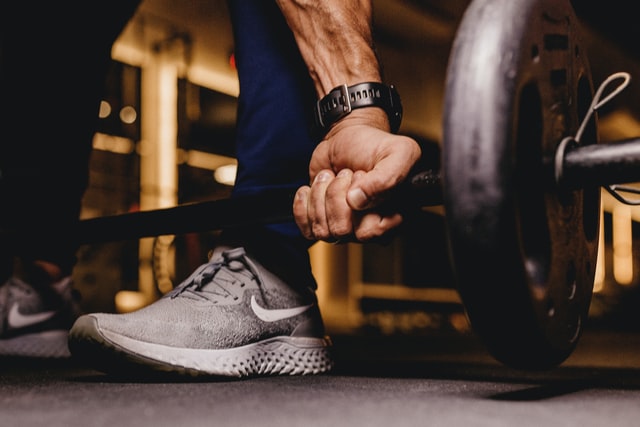
Note that you won’t necessarily grow huge muscles through strength training. Most of the time, those who don’t put an especial effort into becoming big (by following a certain food plan and drinking protein) stay quite lean even when they bench press over 400 pounds.
Examples: weightlifting, pushes, pullups.
4. Endurance
Endurance describes how long you can perform a task or activity continuously. It shows itself when you’re climbing stairs or exercising for an extended period.

You might have heard that how long you work out or how many reps in a set you do defines which skills and abilities you train. As you may guess, longer workouts improve endurance. Muscular endurance determines how long you can run, swim, bike or perform any physical activity.
Examples: running, cycling, cardio training.
5. Flexibility
Flexibility is your ability to move through a healthy and complete range of motion. You should be able to “bend without breaking” or straining. People tend to omit this part of a workout because it doesn’t bring as many “palpable” results as strength training does, though it is essential for health.

Even things as simple as slipping on ice may lead to injuries if your body isn’t flexible enough. After the sweaty part of your workout, stretch your muscles while they’re still warm (never stretch before warming up!).
Examples: toe reach (seated or standing), cobra stretch, lunge with spinal twist.
"Why would I even start?"
Physical health
For some of us, health issues are already an ongoing situation. Frequent headaches, backaches, problems with eyes - you name it. Sometimes, though, problems are not so obvious and hide under what we think is normal. Say, if you notice a deep mark that socks left on your ankles after a workday, it means your legs got swollen. It only seems harmless, but eventually, swelling can turn into blood congestion, varicosis and other problems of that kind.
Mental health
It may sound surprising, but our psychology depends on our physical condition a lot. It’s a proven fact that people who exercise regularly or lead an active lifestyle feel happier than those who move little. And there’s more: due to hormone production and more effective recovery processes, an active person is much more likely to feel happy than a person that remains comparatively motionless.

We can benefit from endurance training in many aspects: one of them is improved stress resilience. Also, focusing on one type of activity can be boring, while varying the types positively affects the mood. Forbes quotes research results that say Gen Z people come to work already stressed. If we can build a strong shield against negativity by diversifying our training, why miss a chance?
Besides, for most people, training brings a huge self-esteem boost. If you like to pat yourself on the back for exercising, don’t stop at strength workouts! The more you do, the more ways for progress there are.
Future benefits
"I feel on top of the world! No stress, nothing hurts. I couldn’t care less about those stupid exercises!"
Even if nothing’s bothering you yet, it may not be for long. Your lifestyle today is your health tomorrow.
Our organism is smart and can deal with unpleasant conditions for a while, but it will use up its resources for that. Effectively, it will consume all the good stuff it has so that it can survive the current poor conditions. The results aren’t hard to foretell: once all the resources are gone, your body will not be able to maintain the same health it had before.
We don’t want that, do we? It’s much easier to work on keeping everything on the same level now than trying to catch up later.
Summing up
Health is more than the absence of illness, disability or disease. According to Merriam-Webster, it’s the state of being sound in body, mind and spirit. Wellness includes physical, mental, emotional and spiritual well-being.
Your training should be just as all-encompassing as the definition of health. Work on your agility, coordination, strength, endurance and flexibility in a gym. Get a few good habits like sleeping enough, eating healthy and being more active. The results won’t make you wait too long - you’ll see your condition improving both soon and in the long run.
Stay fit, and we’ll be happy to help you along the way!
